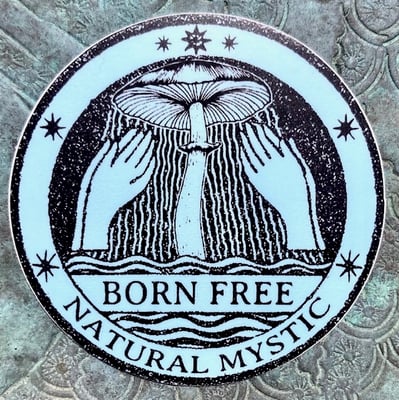Lupine Seed Packet
Lupinus chamissonis is a species in the Fabaceae (Legume) famly known by a number of common names. It is endemic to California, where it is known from most of the length of the coastline and scattered inland locations. It grows in sand dunes and other immediate coastal habitat. This is a spreading, bushy shrub growing one half to two meters tall. Each palmate leaf is made up of 5 to 9 leaflets up to 2.5 centimeters long. The herbage is coated in silvery hairs. The flower cluster bears whorls of flowers each about one to 1.5 centimeters long. Each flower is light purple to blue with a yellow spot on its banner. The fruit is a hairy legume pod 2.5 to 3.5 centimeters long.
Pollinator friendly, bees love em!
Migrating butterflies use as egg laying plant!
Deer Resistant!
Drought AND frost tolerant!
very rare to find these seeds for sale online especially in a nice amount and great price!
about 50 seeds per pack!
*Seed scarification advised for lupine seeds (Nicking or scaring seeds with hard seed coatings before planting helps the seeds absorb water. After scarification, soak seeds in water overnight before planting. This will jump-start germination and get your garden growing faster.)
They should be sown into a well-drained, sandy compost at any time of the year, and covered thinly with sand or grit and kept moist. Keep at between 15 and 20 degrees C. Germination usually occurs within 4 to 6 weeks although some seeds may take much longer.
beautiful textural scrub with many flowers!
From a low dome of tiny, silky, silvery blue-green "lupin" leaves, arise short, stumpy spikes of gorgeous blue and white flowers. This little gem looks exotic and tender, but is completely frost-hardy, and if pot grown, and starved, can win many a prize! In the USA its habitats include coastal sage scrub, chaparral, northern coastal scrub, dry foothill woodland, and yellow pine forest. One of the only plants that absolutely thrives on drought! Very few viable seeds have been collected






